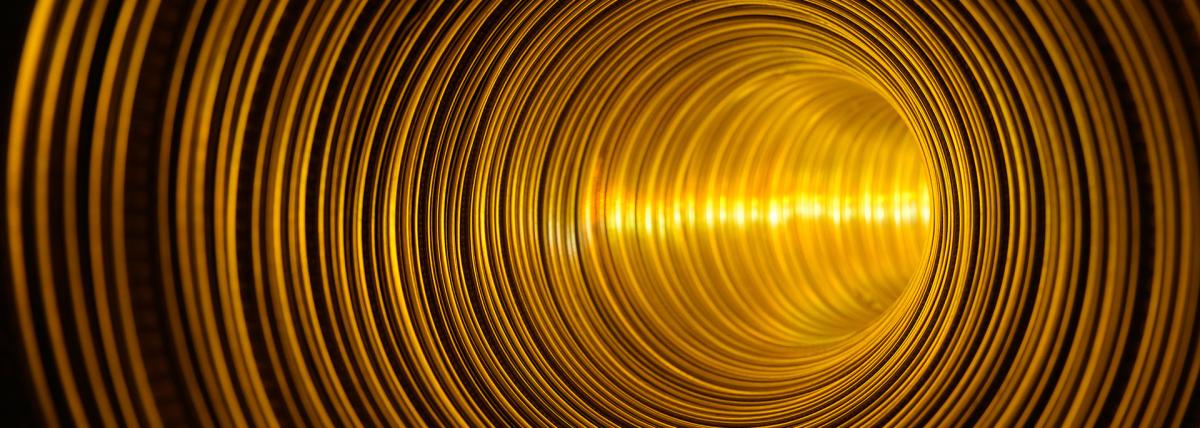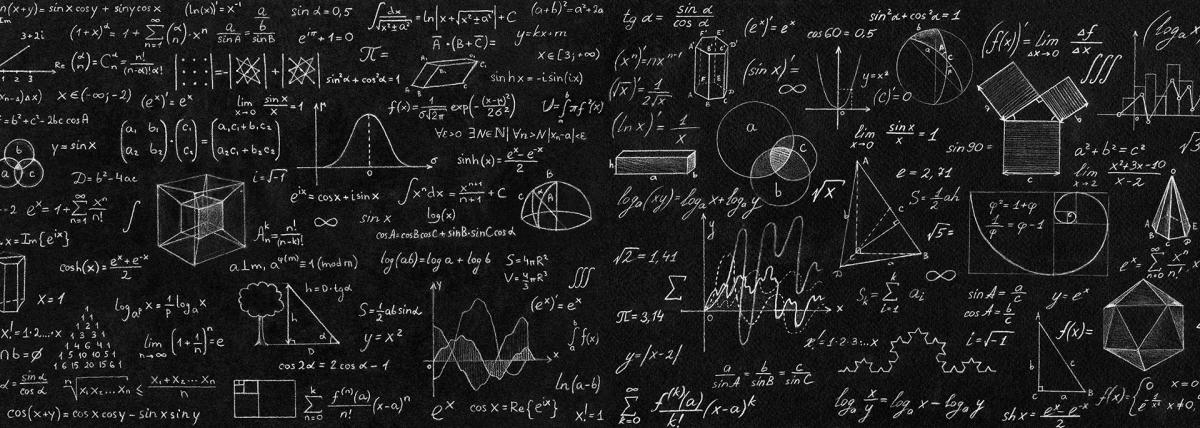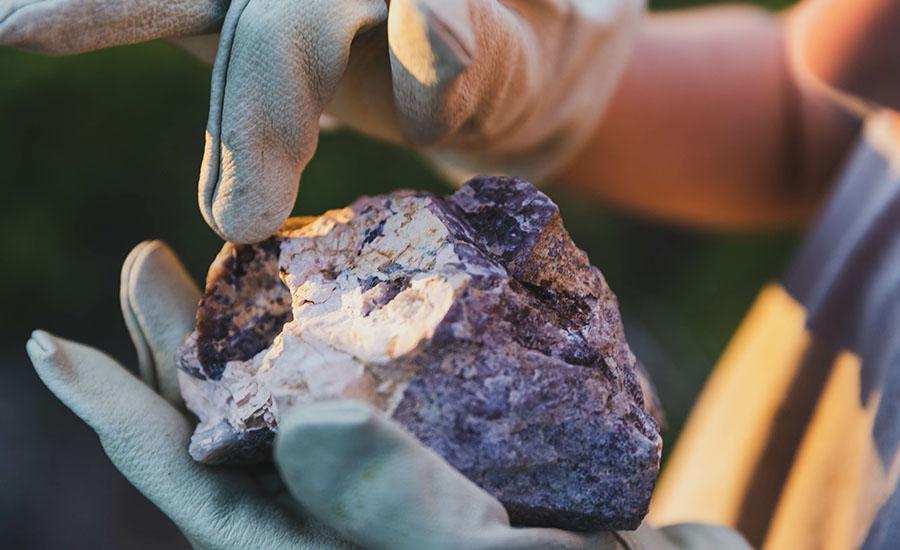
Grades:
4th Grade
In this lesson, students work in groups to simulate a rainstorm and explore ways to manipulate rainwater. Materials include a plastic or aluminum bin, paper, spray bottles, markers, and an array of

Grades:
Kindergarten, 1st Grade, 2nd Grade
Students will learn and explain about pollination and how it helps plants to grow and reproduce. After reading about pollinators, students will collaborate and communicate effectively with their peers

Grades:
4th Grade
In this hands-on lesson, students investigate how a solar panel can change energy from sunlight into electrical energy. They also determine how water flows out of the fountain. With the use of a

Grades:
6th Grade
In this lesson, students will be learning about the challenges of farming in space for future settlements. Specifically they will focus on the difficulty of testing whether plants will grow in soil

Grades:
5th Grade
Students will germinate seeds and record any observations during the process.

Grades:
Kindergarten, 1st Grade, 2nd Grade, 3rd Grade
The students will create a Three Sisters Garden by participating in a teamwork activity, listening to a read aloud, watching a video, creating a diagram, planting the garden, and creating a video

Grades:
5th Grade, 6th Grade, 7th Grade, 8th Grade, 9th Grade, 10th Grade, 11th Grade, 12th Grade
Let's Fly is a great lesson for those teaching forces and motion. Find some balsa wood flyers through a STEAM source (ideas included), take your students outside to play and let them observe. Then

Grades:
6th Grade, 7th Grade, 8th Grade, 9th Grade
Students will create Rube Goldberg machines from simple machines in this engaging lesson. The teacher can determine materials such as wooden planks, paper towel rolls, bottle caps, marbles, cardboard

Grades:
Kindergarten
In this lesson, students go on a nature walk, notice nature, and increase their observation skills. They will identify different plant types and make connections to the plant’s needs: sunlight, soil

Grades:
6th Grade, 7th Grade, 8th Grade
Model Building For Disaster is a 4-6 week unit in which students research natural disasters around the world and their effect on developing countries. Following their research, student teams design

Grades:
7th Grade
In this 1st lesson in a series of 2, students will analyze features of water cups for how effective they are at keeping our water cold while we are at school. Students will then use this knowledge to

Grades:
5th Grade, 6th Grade, 7th Grade
Students will learn about the physics of motion and force and use those to create a mini-golf course hole that has obstacles and an environmental awareness theme.

Grades:
5th Grade
Students will be using their science and math knowledge to engineer a golf course! This is a great way for students to use that knowledge in a real life way! Students get the chance to explore how

Grades:
3rd Grade, 4th Grade, 5th Grade, 6th Grade, 7th Grade, 8th Grade, 9th Grade, 10th Grade, 11th Grade, 12th Grade
In this hands-on lesson, students use the engineering design process (EDP) to create a prototype of a device that can prevent squirrels from accessing a bird feeder. This is a great way to integrate

Grades:
6th Grade, 7th Grade, 8th Grade
In groups students will construct a roller coaster made completely out of paper that a marble can travel on. The goal is to have the "ride" last for a longer time than other and be able to explain the

Grades:
3rd Grade, 4th Grade, 5th Grade, 6th Grade
Students will create an original design using only plastic bags in this creative lesson. They will reuse plastic bags to create a useful product they could sell. Students will use evidence to

Grades:
6th Grade, 7th Grade, 8th Grade, 9th Grade
Summary - Students will be identifying the structures and functions of plant reproductive parts. Materials - Flowers, scissors, magnifying lenses, resource materials (internet/textbook)

Grades:
5th Grade
Power point with parts of a flower, worksheets and short quiz provided

Grades:
6th Grade
This is a lesson plan based on playlist model where students will learn Heat transfer by using a play list and picking the topics according to their own pace. The students will need a computer/ laptop

Grades:
5th Grade
This is the second lesson in the series of lessons comparing how garden growing techniques determine plant growth/production. In this lesson, students will research the best types of plants to grow

Grades:
8th Grade, 9th Grade, 10th Grade, 11th Grade
In this activity, students will perform a hands-on, inquiry-based investigation of the tradeoffs involved in hard rock mining. The object is to purchase and develop a mine, safeguarding the

Grades:
6th Grade
In this 3rd and final lesson in a series of 3, students examine prior knowledge about the real-world problem of the Great Pacific Garbage Patch and apply their findings to design solutions. Students

Grades:
6th Grade, 7th Grade, 8th Grade
Lesson Summary: Students code sprites in scratch to animate the Central Dogma of Biology Materials: Laptops Agenda: The teacher will introduce a list of items like the following: aquarium, bicycle

Grades:
3rd Grade, 4th Grade, 6th Grade, 7th Grade
You could do this together, step by step or give them all of the materials and information needed to do it by themselves. Could be a group activity or an individual activity so each student can take


